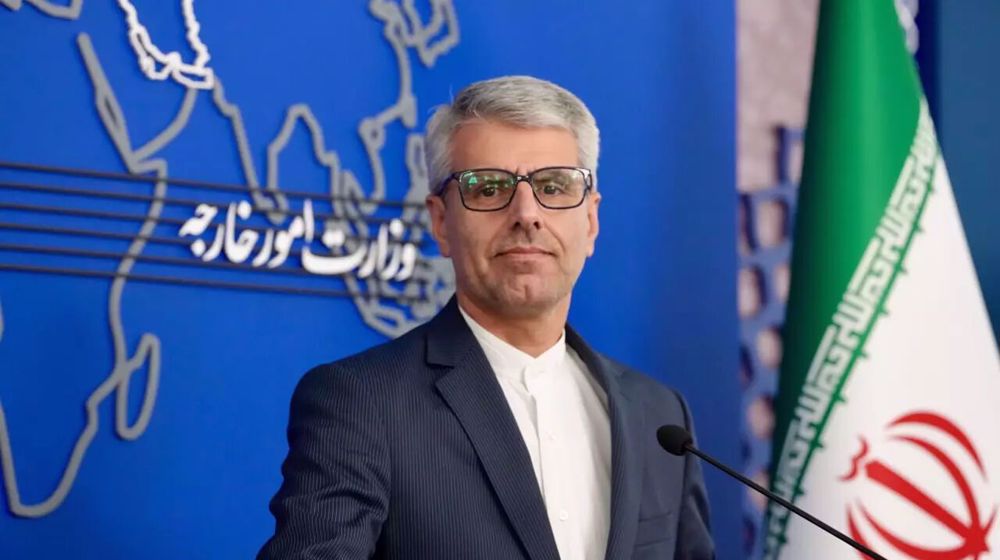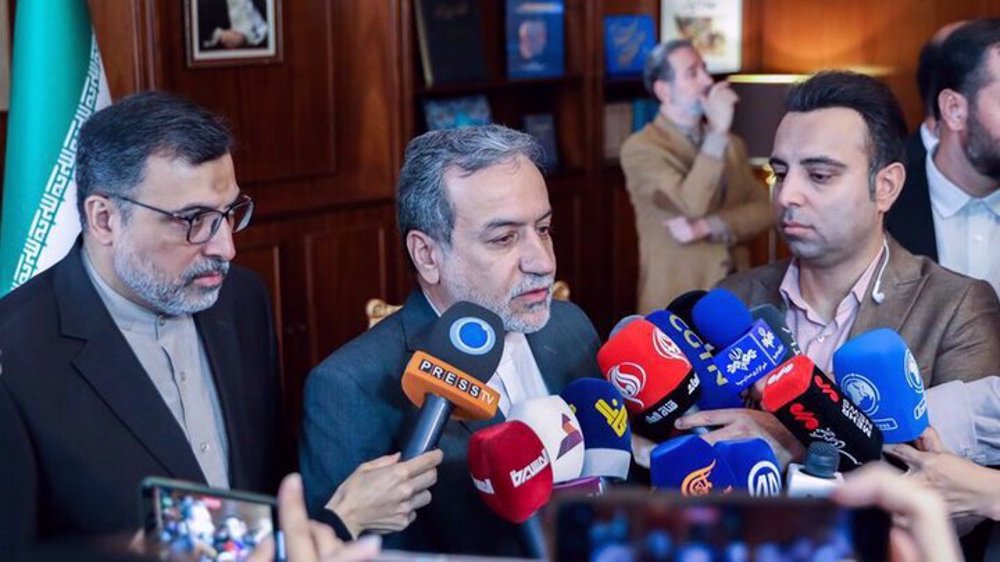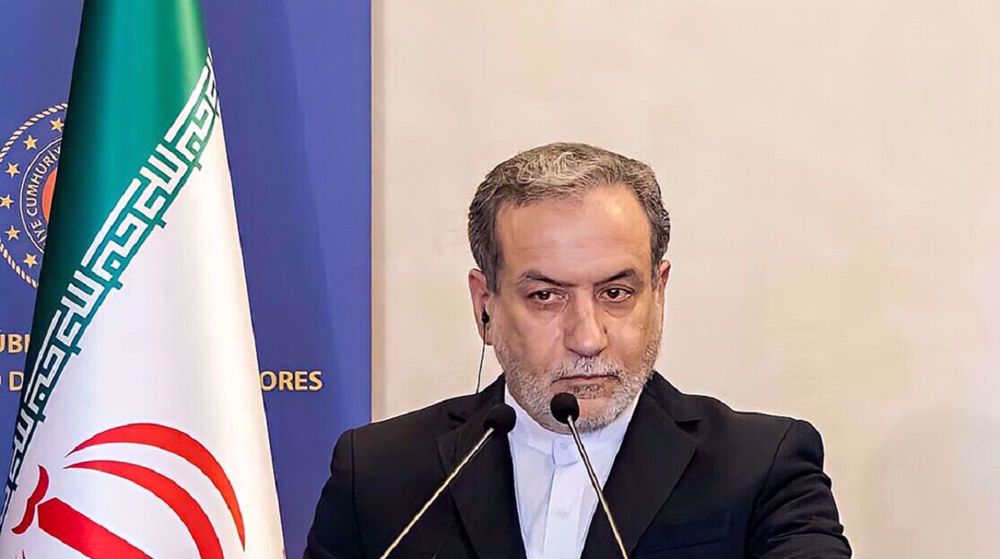Top military officials of Iran, Iraq hold talks amid Kurdish independence vote
The military brass of Iran and Iraq have met and held talks amid a controversial referendum in Iraq’s semi-autonomous Kurdish region.
Chief of Staff of the Iranian Armed Forces Major General Mohammad Baqeri on Wednesday received his Iraqi counterpart Major General Othman al-Ghanmi, who arrived in Tehran at the head of a military delegation earlier in the day.
The issue of terrorism, the Kurdish independence vote and matters of mutual interest were among the major topics discussed in the meeting between the top military officials.
During the meeting, Baqeri hailed the latest achievements gained by the Iraqi army in the fight against terrorists.
“We are so pleased that the Iraqi nation and army have made great gains in the battle against terrorists and have crushed the Takfiris,” he said.
The Iraq official, for his part, said that Iraq was targeted by Takfiri terrorism, adding, however, that most of the territories held by Takfiri militants had been liberated.
He reiterated that Iraq would continue its fight against terrorism until the ultimate defeat of the terrorists.
Ghanmi also praised Iran’s full support for Iraq, particularly in hard times.
Separately on Wednesday, Baqeri met with senior military and political officials from Turkey, during which the two sides discussed a variety of issues, including the Kurdish referendum in Iraq.
Baqeri told reporters after the meeting that both the Iranian and Turkish sides were concerned that the Kurdish vote in Iraq could lead to tensions in the Arab country, the repercussions of which could haunt regional countries.

A statement from the Iraqi military said earlier that the top ranking delegation from Iraq’s armed forces would visit Iran on Wednesday “to coordinate military efforts” without giving further details.
Ghanmi also visited neighboring Turkey, where he met with his Turkish counterpart, General Hulusi Akar, on Saturday, two days before the Kurdish referendum, the Turkish military said.
It added that two sides discussed the Kurdish referendum and stressed the importance of maintaining Iraq’s territorial integrity.
Regional powers, including Iran and Turkey, have opposed the Kurdish referendum in Iraq, warning that the controversial vote could lead to further instability in the entire Middle East, a region already ravaged with numerous conflicts and terror threats.
The European Union has also expressed concern about the vote, describing it as “counterproductive.”
The central government in Baghdad has also rejected the vote.
Despite international criticism, the Kurdish plebiscite took place on September 25.
Official results showed 92.73 percent of voters backed the secession in Monday's non-binding referendum. Turnout was put at 72.61 percent.
BRICS offers Turkey partner status, says Turkish minister
Over dozen killed as twin Israeli strikes hit Syrian capital, suburb
Trump team drawing up list of Pentagon officers to fire: Sources
IRGC Ground Force disbands terrorist team in southeastern Iran
Resistance front to deliver ‘painful’ blows to enemies: IRGC chief
UNRWA chief warns of 'catastrophic consequences' of Israeli ban on agency
Israel hits south Beirut with strikes again
Iran will make Israel ‘regret’ its act of aggression: IRGC Cmdr.















 This makes it easy to access the Press TV website
This makes it easy to access the Press TV website